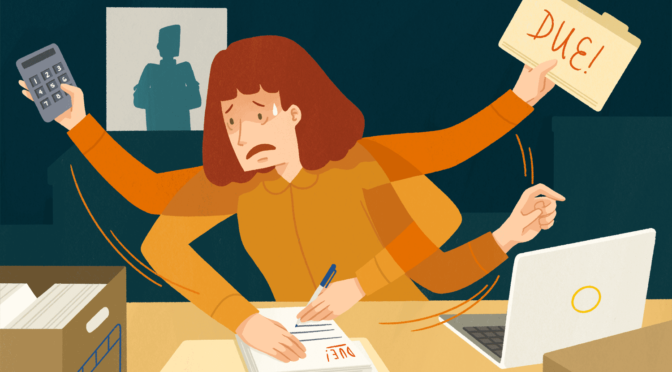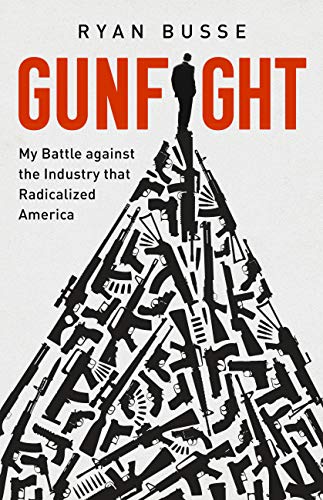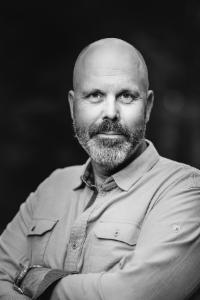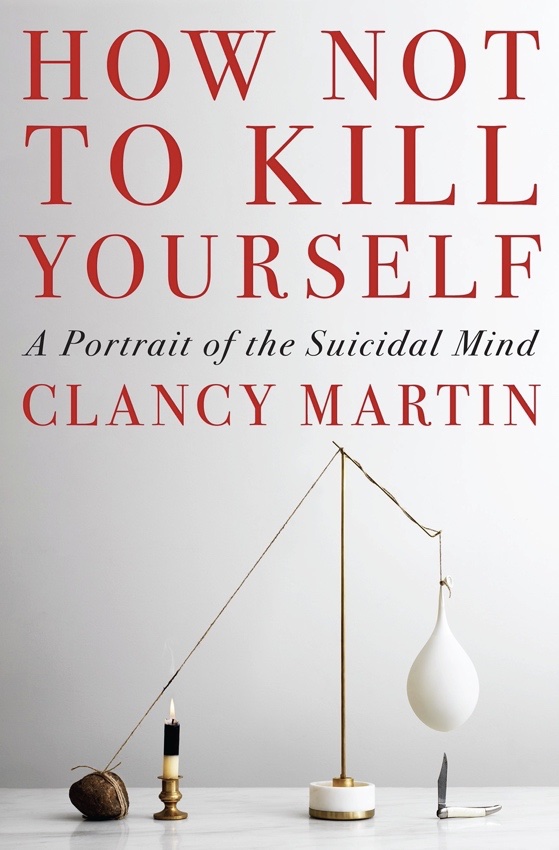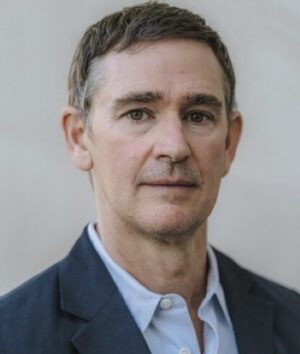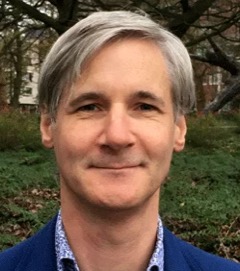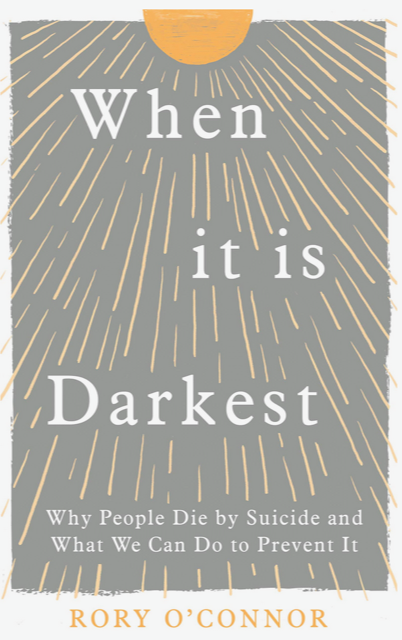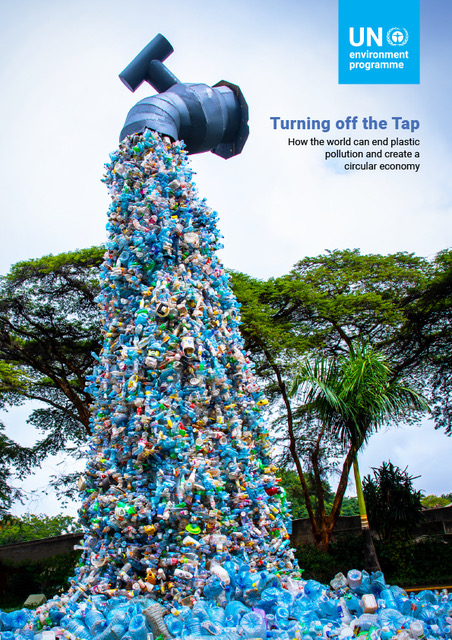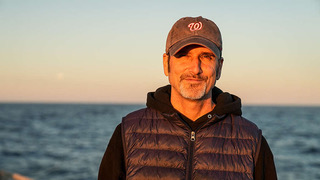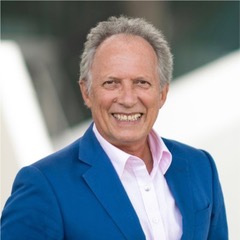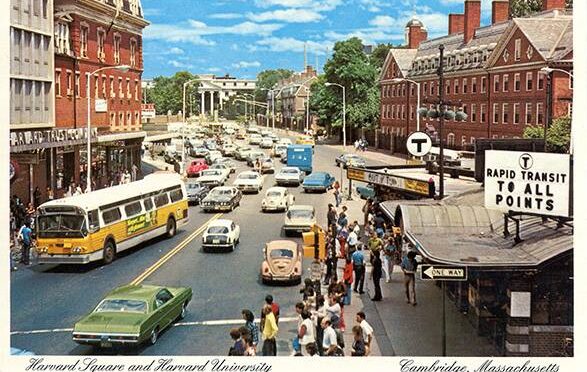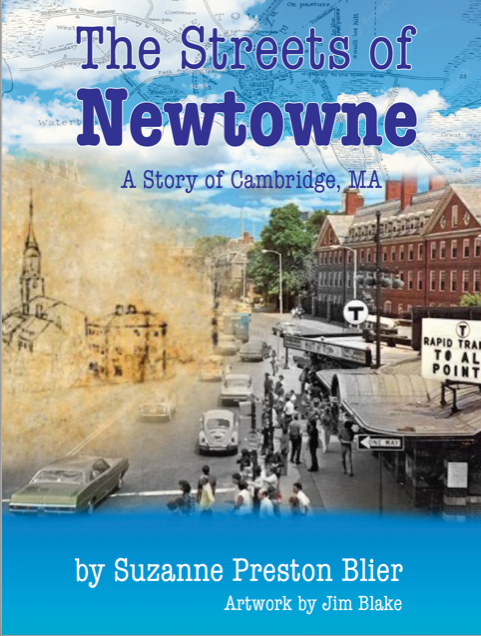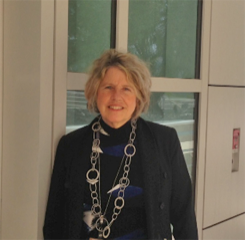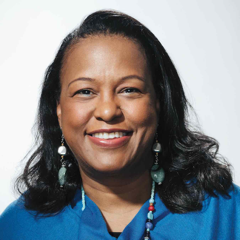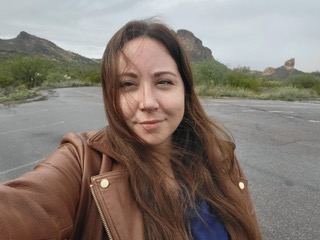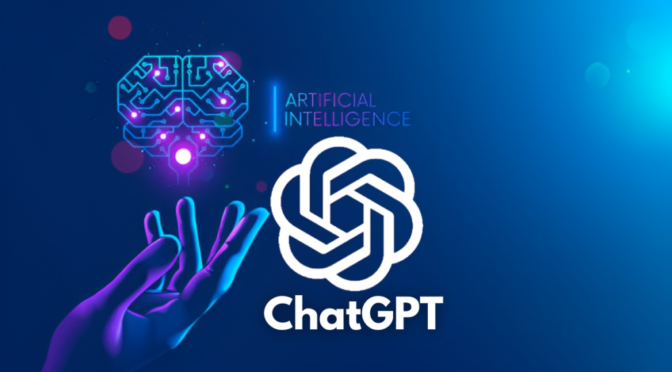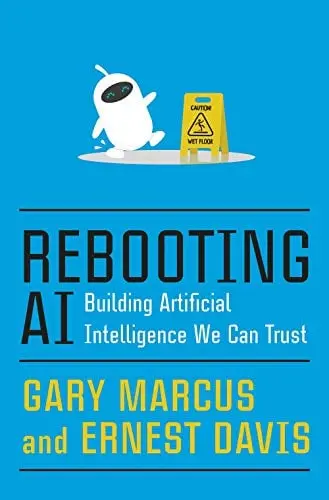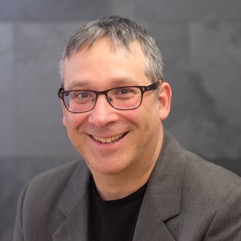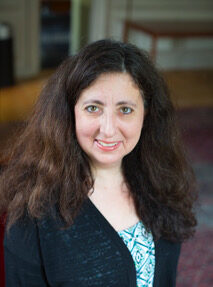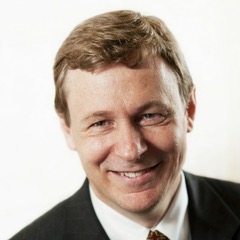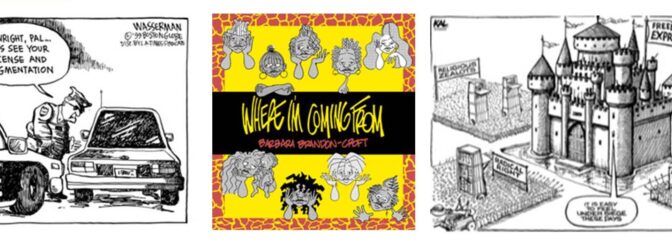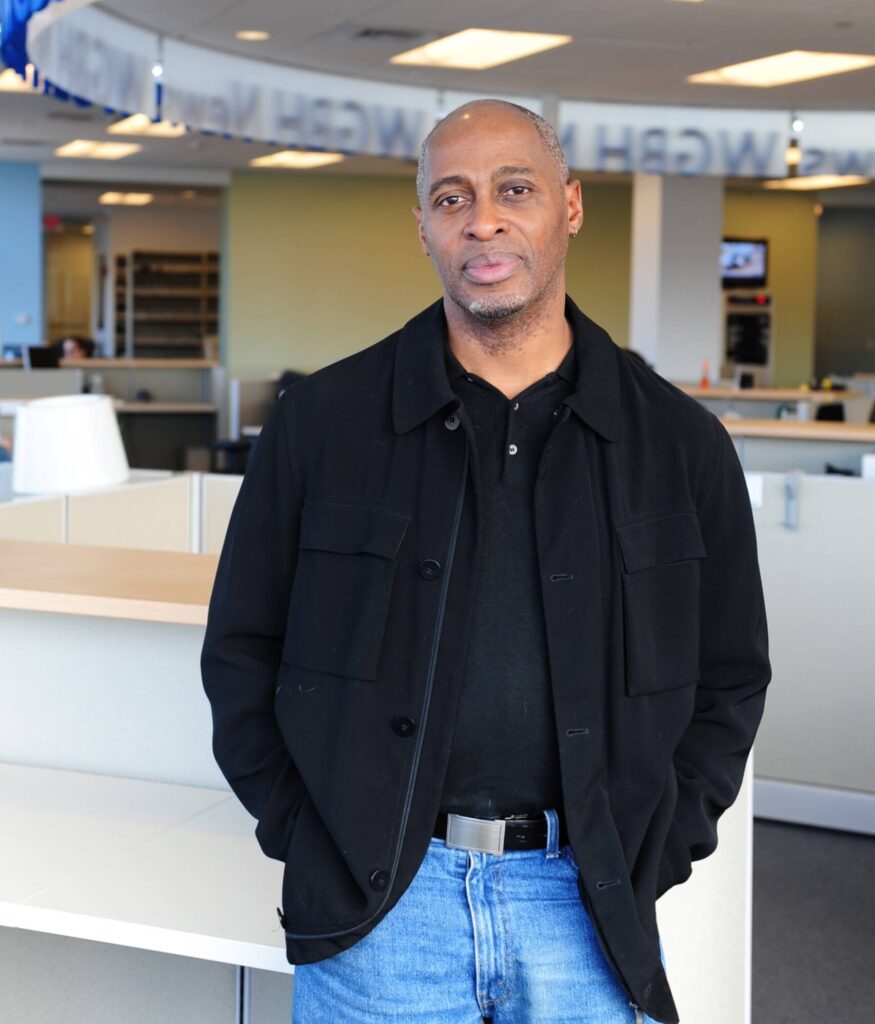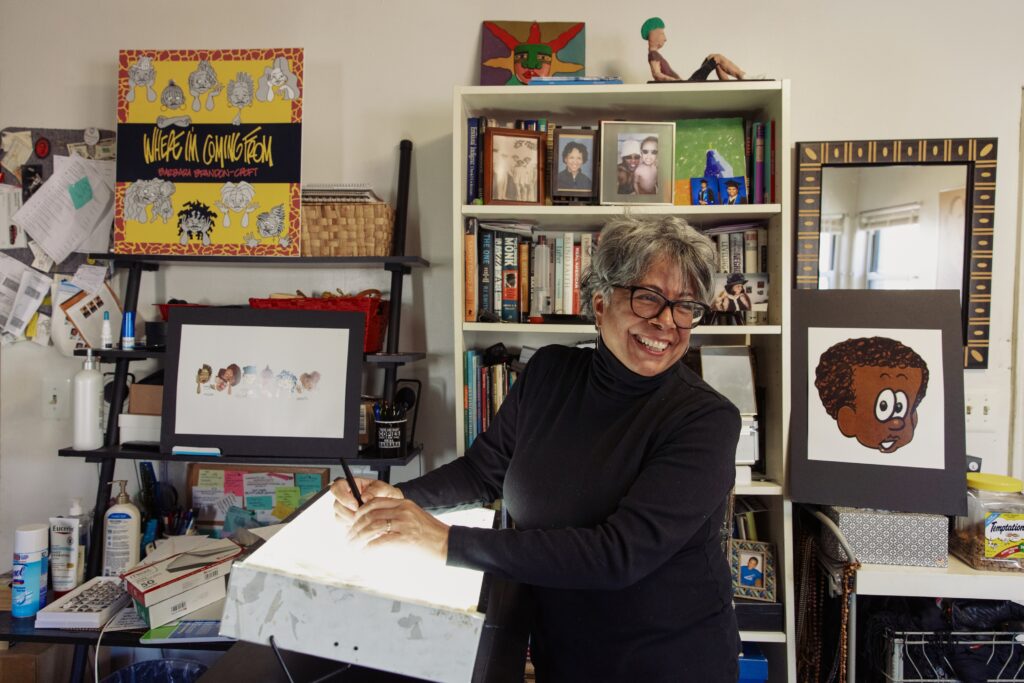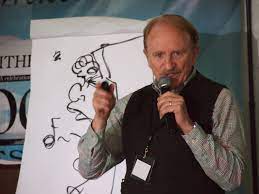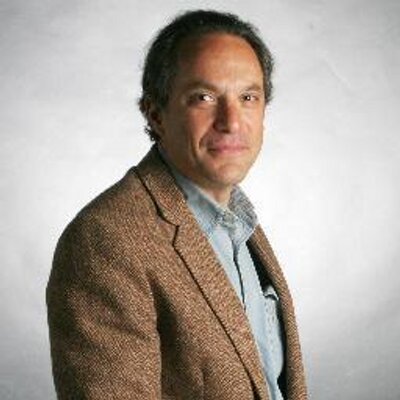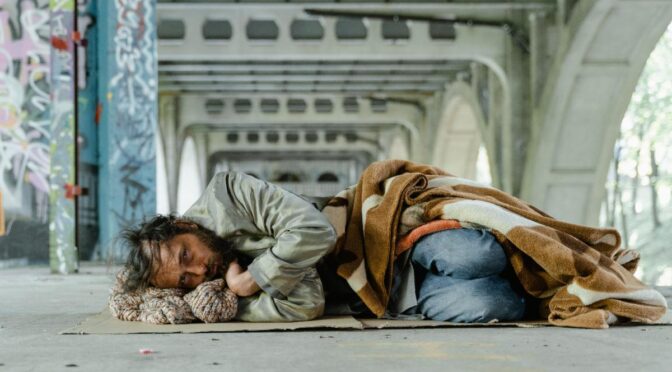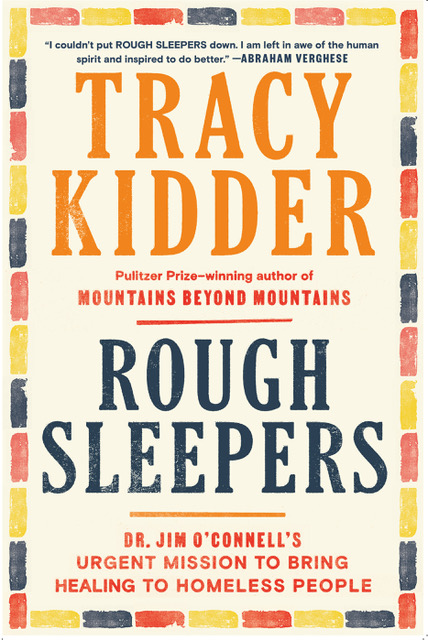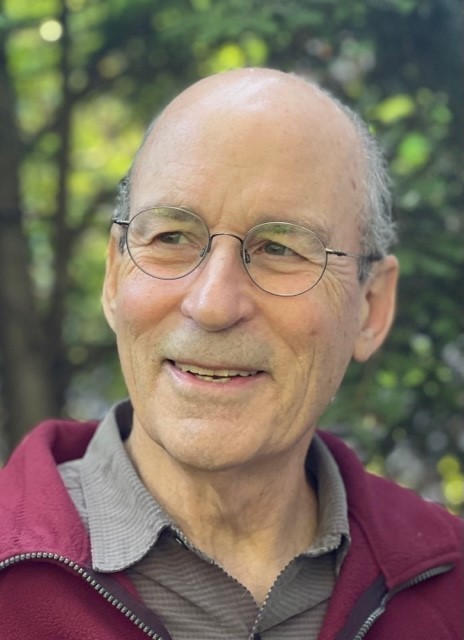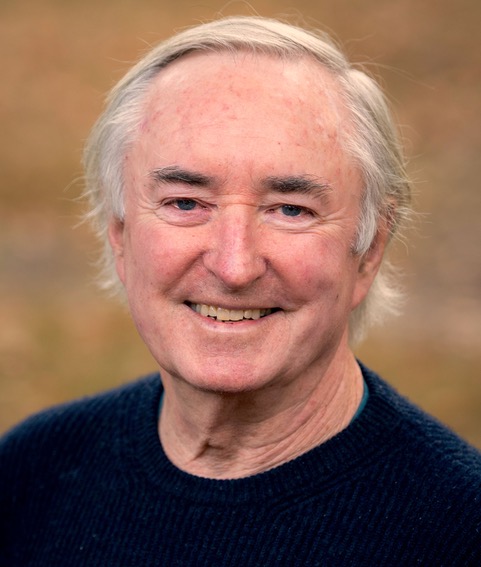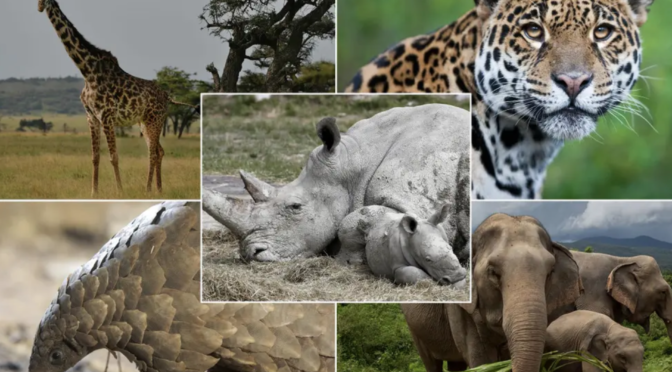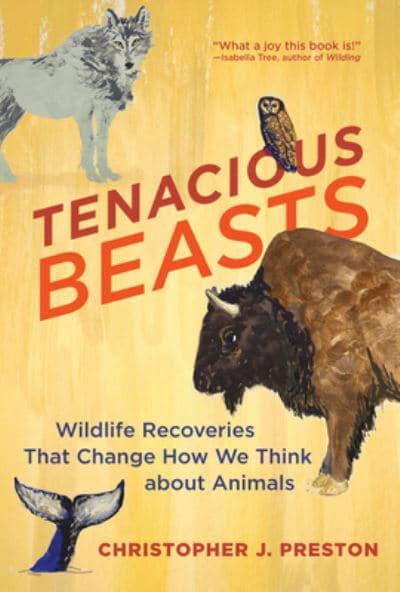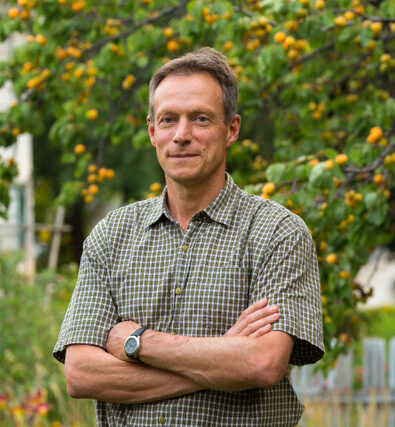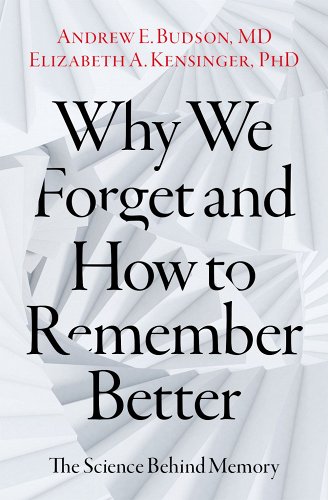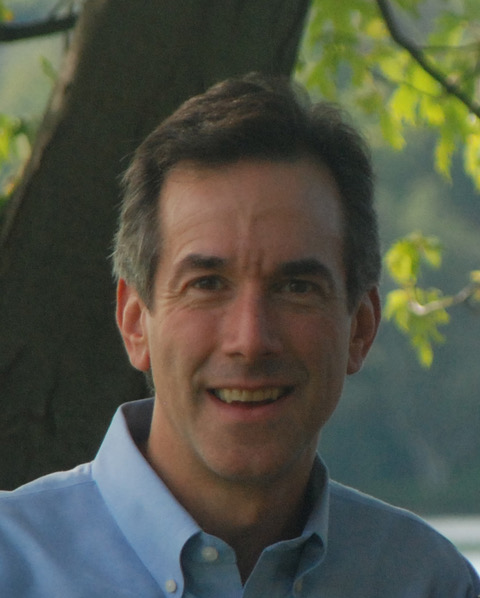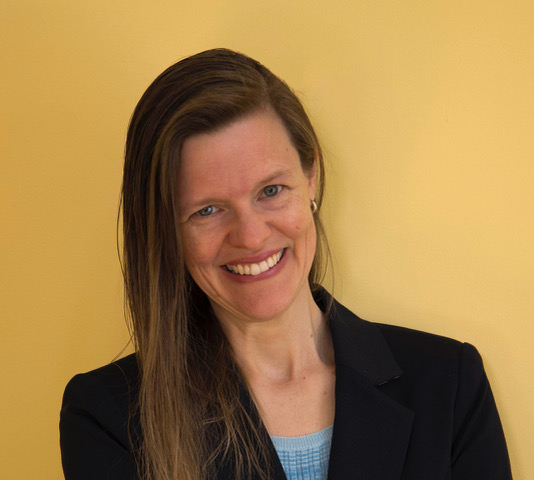Cambridge Forum kicks off a new series considering the changing nature of work with Simone Stolzoff, journalist and author of The Good Enough Job: Reclaiming Life from Work.
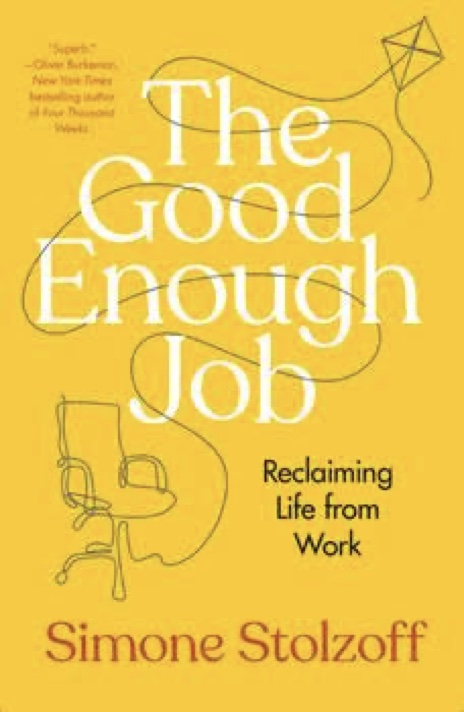
From the moment we ask children what they want to “be” when they grow up, we teach them a fateful lesson: we are what we do. For many Americans, jobs have become akin to a religious identity – they provide a paycheck, but also meaning, community and a sense of purpose. The question is at what cost and are we asking too much of our jobs, to fulfill all these needs. Stolzoff examines how work has come to dominate our lives and why we find it difficult to separate identity and self-worth from our jobs. He also explains what we lose when we expect too much from our careers and offers strategies on how to build a healthier relationship with work.
Sign up to join the discussion with your thoughts and ideas.
Simone Stolzoff is a designer and workplace expert from San Francisco. His book The Good Enough Job punctures the myths that keep us chained to our jobs and asks us to consider how to divide who we are, from what we do.
It questions the spin that employers tell us about the value of our labor and makes the case for reclaiming our lives in a world centered around work.
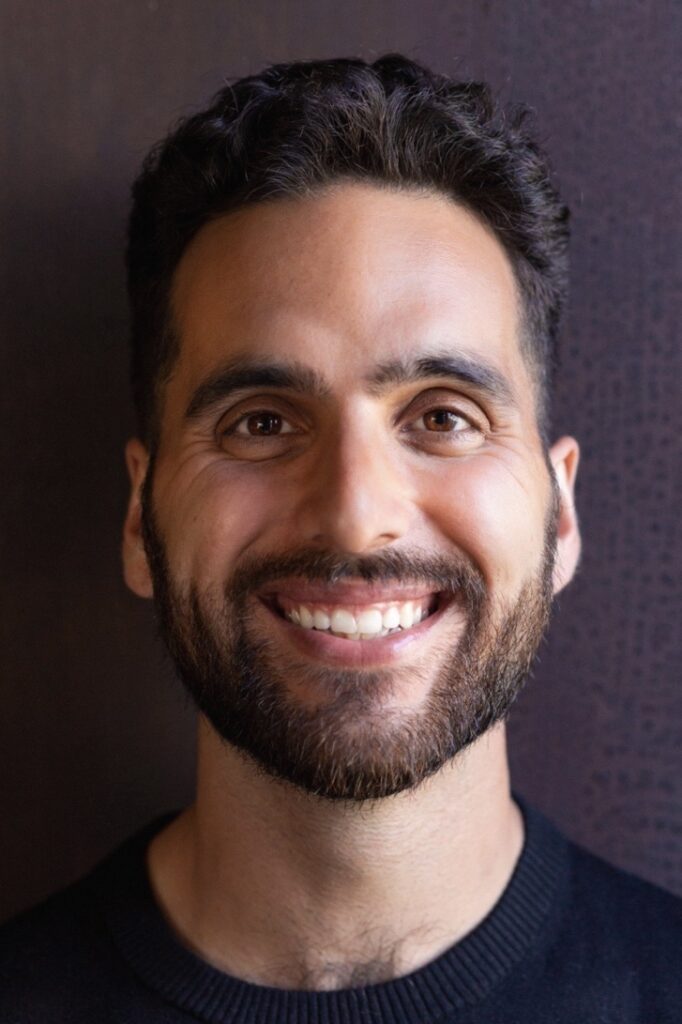
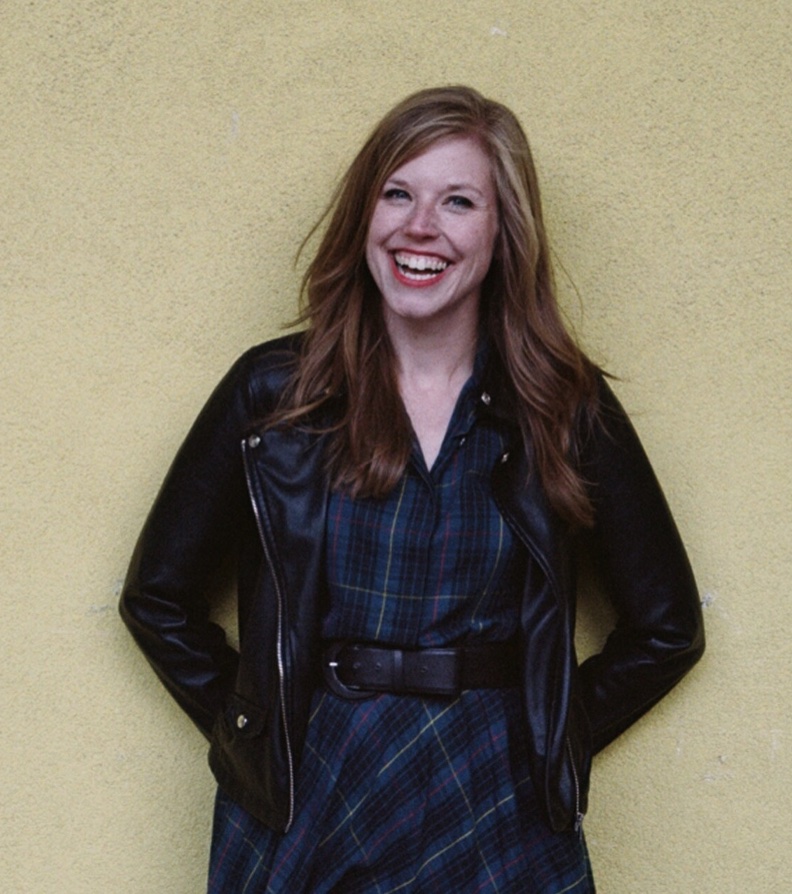
JO HUNTER, Co-Founder and CEO of 64 Million Artists, a company that strives to be a positive leader in workplace culture; all staff work a 4-day week and enjoy an 11-month year with full pay and benefits. Hunter believes in putting inclusive, caring practices at the heart of what she does.
“People think our 11-month year is radical or that we’re lazy. To me, it’s just common sense to give workers a proper break. When we look at the works systems around us, many are clearly struggling. Poor mental health is costing UK business 56 billion pounds a year due to absenteeism and burnout caused by greater job demands and expectations, plus lack of social interaction and lack of boundaries between work and home life. So work isn’t working for many of us!” Jo Hunter
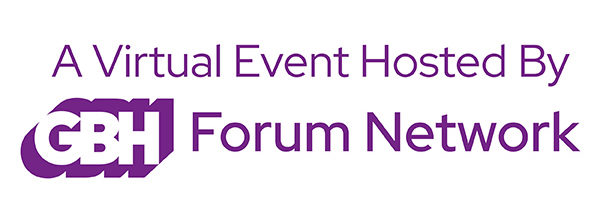
Support our mission to provide free an open discussions about the pertinent issues and ideas confronting us, in the world today. Express your appreciation for our work – just hit the button below.

